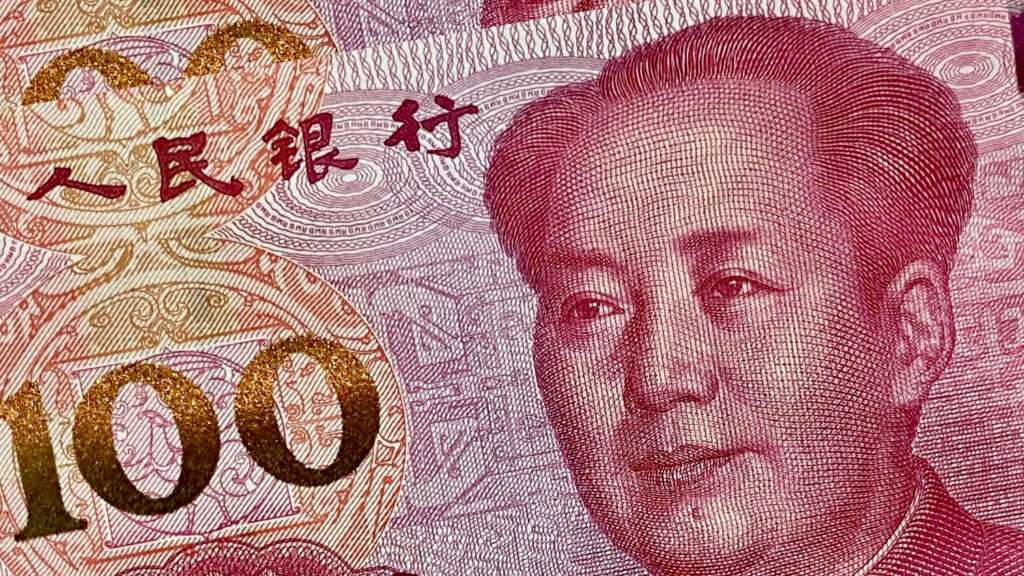WASHINGTON — The Coalition for a Prosperous America (CPA) today applauded Congresswoman Victoria Spartz (R-IN-05) and Congressman Brad Sherman (D-CA-32) for introducing four pieces of legislation to mitigate the strategic, commercial, and national security threats posed by China to the American economy and financial markets. The legislative package will end tax breaks for Chinese stocks, restrict sanctioned Chinese companies’ access to U.S. capital markets, increase transparency on risks to American corporations, and reduce exposure to these risks for retail investors and other Americans saving for retirement.
In introducing the legislative package, Representatives Spartz and Sherman cited CPA’s case study report to Congress that details the alarming extent to which U.S. asset managers and index providers are actively funneling billions of dollars of U.S. investor capital to Chinese Communist Party (CCP) companies, including Chinese firms that have been sanctioned by the U.S. government for human rights abuses and that are helping to modernize China’s People’s Liberation Army (PLA). Specifically, CPA’s report provides analytic evidence that Vanguard, which has roughly $8 trillion in global assets under management, is investing the retirement and investment dollars of the American people in bad actor Chinese “A-Share” companies at a level unmatched in the U.S.
As first reported by the Financial Times, “Vanguard, the world’s second-largest asset manager, is acting as a pipeline through which US investment dollars are being funneled into Chinese military companies and corporations sanctioned over human rights abuses.”
“We applaud Congresswoman Spartz and Congressman Sherman for introducing this critically important and bipartisan legislative package to address how Wall Street actively funds CCP companies that are directly aiding China’s actions that threaten the national and economic security of the U.S. and our allies,” said Michael Stumo, CEO of CPA. “There continues to be mounting evidence exposing the severity of this risk to U.S. economic and national security, as well as the integrity of U.S. capital markets and threats to investor protection. Chairman Patrick McHenry should move these bills through the Financial Services Committee without delay.”
The four pieces of legislation aim to address different threats posed by China to U.S. capital markets. The legislative package includes:
PRC Military and Human Rights Capital Markets Sanctions Act: CPA’s Vanguard report identified 144 Chinese companies, or their affiliates, whose practices were so adverse to U.S. interests that it is illegal for Americans to buy their products. Most of these companies have been found to violate human rights. Others play an integral role in the China military-industrial complex. While buying the products of these companies is illegal, it is still legal to buy their stock. This bill would prohibit Americans from investing in the stock of companies that appear on such sanctions lists or have an affiliate on the sanctions list.
No China in Index Funds Act: Index mutual funds minimize their expenses by simply investing in all the companies in a certain market sector, without looking closely at the individual companies. There are unique difficulties in evaluating the risks of investing in Chinese companies. Americans should not invest in these companies without carefully evaluating the risk. This bill will keep these hard-to-evaluate Chinese stocks out of index mutual funds.
No Capital Gains Allowance for American Adversaries Act: This bill would eliminate the capital gains tax break for investments in companies based in China, Russia, Belarus, Iran, and North Korea. It also eliminates a related tax break, the “step-up in basis” at death, for investments in such companies. The SEC will require disclosure that no tax breaks are available for these stocks.
China Risk Reporting Act: Investors deserve to know the degree to which the American and foreign companies they invest in are dependent upon China and the related risks. This bill would require publicly traded companies that file any reports with the SEC to discuss in their annual reports: (1) the degree to which the company is dependent upon China and the risks China poses, such as supply chain disruptions, intellectual property theft, or nationalization of assets, and (2) the steps the company has taken to reduce its China risk. This bill will force companies competing for capital to reduce their exposure to China. If China invades Taiwan, Congress should be able to impose sanctions, knowing American companies have insulated themselves from the rupture. Hopefully, this will deter such an invasion.
For more information on these bills, click here.
###













